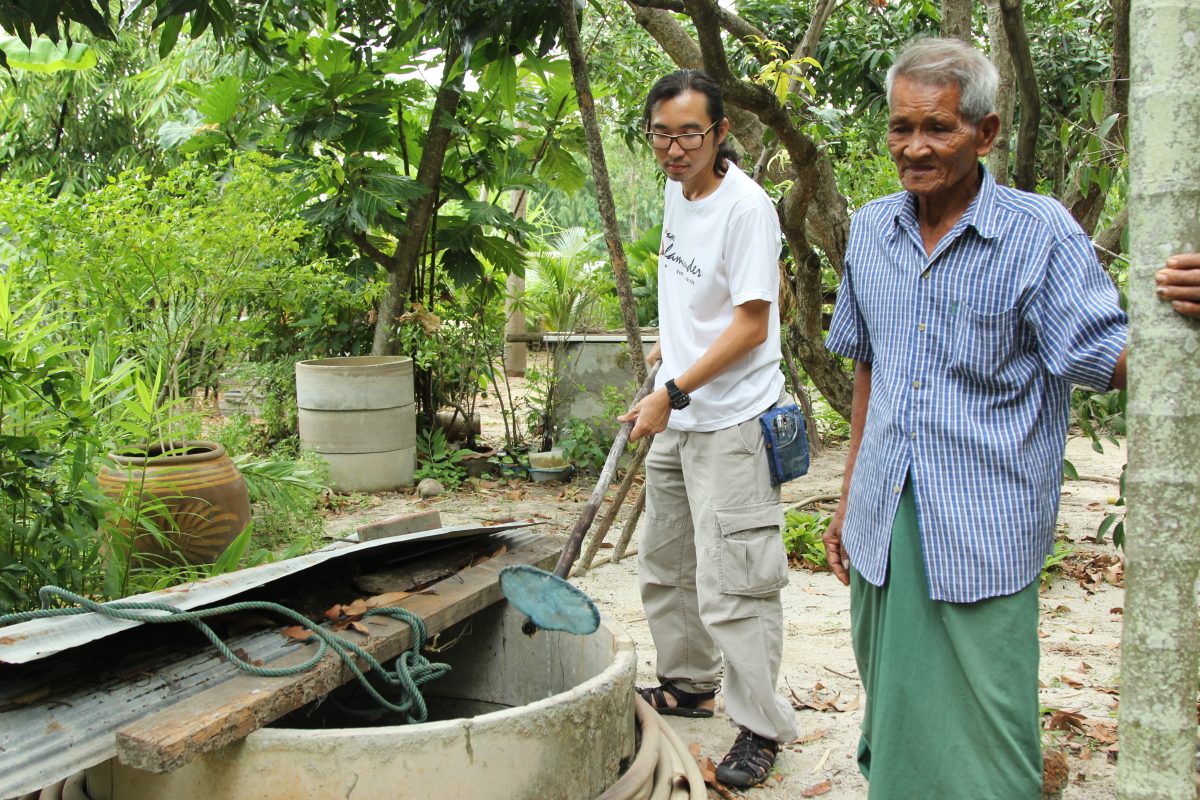Thailand has a comprehensive FOI law, the Official Information Act B.E. 2540 (1997), so the TAI Thailand coalition focuses mainly on implementation. include government agencies’ lack of understanding of their legal mandates in providing information to people and insufficient knowledge of what information should be disclosed. The TAI coalition encourages people in local communities to obtain information and facilitates learning about how to use the right to information to get information from government agencies. Based on the data from Office of the Official Information Commission, ever since the passing of the law in 1997, the number of petitions and appeals have increased from 26 and 6, respectively, to the most petitions and appeals at 586 and 249, respectively, in 2011. If we are breaking down the requests and appeals from January 2007 until August 2012, most of them are for government information concerning exertion of power in office with 658 petitions and 267 appeals.
Most recently, TAI partners participated in the Charter Drafting Committee working to create a new Thai constitution and successfully included “Environmental Governance” and public participation in natural resources and environmental management. This was the first time the words “environmental governance” and “environmental justice” were included in a Thai charter. Thailand partners also conducted regional workshops that included training on poverty guidelines for TAI Assessments, producing 2000 copies of the TAI Asia regional report, and investigating options for developing a rapid assessment toolkit that could be used by local communities, with a focus on the poor and/or disadvantaged groups, to address access issues at the local level.
The Thailand Environment Institute (TEI) leads the TAI Thailand coalition. TEI works on natural resource conservation and sustainable development through research,training and capacity-building activities. In 2008, the TEI, along with a coalition of groups, submitted a letter of recommendation on types of environmental and health information that the Office Information Commission (OIC) should be proactively making available to people. Two years later, the OIC announced on June 7, 2010 that information on environment and health must be available for people to monitor, as stipulated in Section 9 (8) of Thailand’s Official Information Act B.E. 2540 (1997). TEI was also an active partner in the TAI Strengthening the Right to Information for People and the Environment (STRIPE) project. From 2011 to present, Thailand Environment Institute (TEI) supports civil society organizations (CSOs) network in the Greater Mekong Sub-region (GMS) countries, i.e., Cambodia, Lao PDR, Myanmar, Thailand, Vietnam and Yunnan province of China to integrate human rights-based approach into climate change adaptation and water resource management activity. TEI builds capacity of civil society and mass media on environmental governance and principle 10. TEI uses a three-pronged strategy composed of capacity building, advocacy activities and tools and regional and global networking to enhance the capacity of CSOs and mass media in Southeast Asia and GMS. Recently, TEI organized a public seminar on ‘human rights…a key element of environmental development and sustainability’ in Thailand Research Expo 2015 to promote and integrate human rights into natural resource conservation and environmental management. TEI also promotes the role of women in environmental management by working with local community and using communication tools such as publications and short film contest. TEI conducts the development project of integration system, evaluation of natural resource and environmental management and status in Thailand which aims to disclose Thailand and ASEAN state of environment. For example, TEI disclose the information on waste management in Thailand to the public. Lastly, TEI as a part of Thailand National Chapter, The Access Initiative (TAI) published Handbook for Public Participation in Environmental Impact Assessment.
